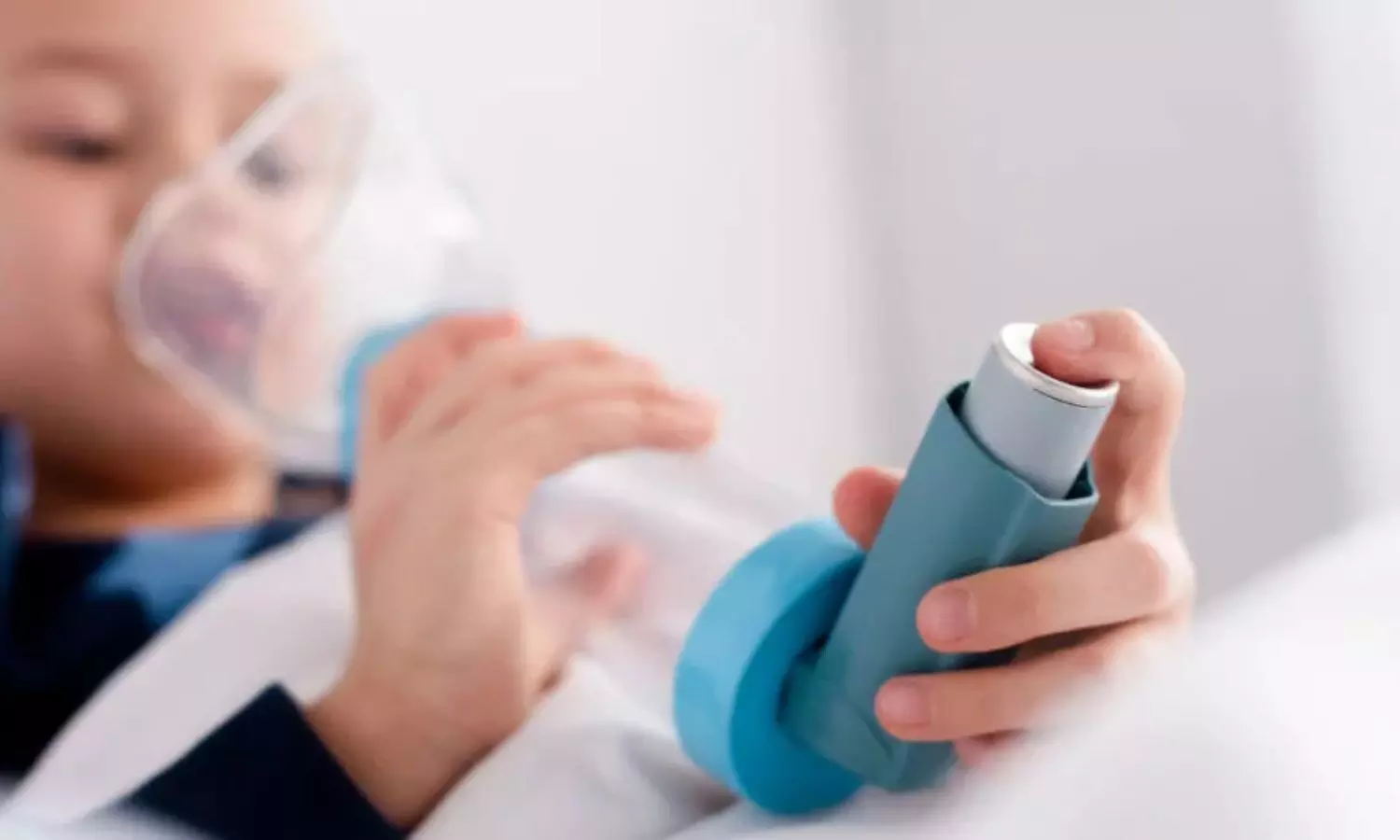- Home
- Medical news & Guidelines
- Anesthesiology
- Cardiology and CTVS
- Critical Care
- Dentistry
- Dermatology
- Diabetes and Endocrinology
- ENT
- Gastroenterology
- Medicine
- Nephrology
- Neurology
- Obstretics-Gynaecology
- Oncology
- Ophthalmology
- Orthopaedics
- Pediatrics-Neonatology
- Psychiatry
- Pulmonology
- Radiology
- Surgery
- Urology
- Laboratory Medicine
- Diet
- Nursing
- Paramedical
- Physiotherapy
- Health news
- Fact Check
- Bone Health Fact Check
- Brain Health Fact Check
- Cancer Related Fact Check
- Child Care Fact Check
- Dental and oral health fact check
- Diabetes and metabolic health fact check
- Diet and Nutrition Fact Check
- Eye and ENT Care Fact Check
- Fitness fact check
- Gut health fact check
- Heart health fact check
- Kidney health fact check
- Medical education fact check
- Men's health fact check
- Respiratory fact check
- Skin and hair care fact check
- Vaccine and Immunization fact check
- Women's health fact check
- AYUSH
- State News
- Andaman and Nicobar Islands
- Andhra Pradesh
- Arunachal Pradesh
- Assam
- Bihar
- Chandigarh
- Chattisgarh
- Dadra and Nagar Haveli
- Daman and Diu
- Delhi
- Goa
- Gujarat
- Haryana
- Himachal Pradesh
- Jammu & Kashmir
- Jharkhand
- Karnataka
- Kerala
- Ladakh
- Lakshadweep
- Madhya Pradesh
- Maharashtra
- Manipur
- Meghalaya
- Mizoram
- Nagaland
- Odisha
- Puducherry
- Punjab
- Rajasthan
- Sikkim
- Tamil Nadu
- Telangana
- Tripura
- Uttar Pradesh
- Uttrakhand
- West Bengal
- Medical Education
- Industry
Long-term usage inhaled budesonide may lower BMD in kids with Asthma

A new study revealed that long-term usage of medium to high-dose inhaled budesonide in asthmatic children was associated with decreased bone mineral density. The study was published in the Journal of Asthma.
The most efficient anti-inflammatory medication and first-line treatment for asthma is inhaled corticosteroids (ICS). Long-term usage of ICS is usually required for the control of asthma. Higher doses may be needed in severe asthmatics. Systemic corticosteroids are known to cause osteoporosis. But there is uncertainty about the effect of inhaled corticosteroids on bone metabolism. Hence, researchers conducted a study to examine the impact of long-term medium to high-dose inhaled budesonide on bone mineral density in children with asthma.
A cross-sectional study was carried out in children aged 7–17 years with asthma, who received long-term (≥2 years), medium to high-dose inhaled budesonide (≥400μg/day in 6–11 years old; ≥800 μg/day in >11 years old). Bone mineral density (BMD) was measured using dual-energy X-ray absorptiometry and compared with reference Indian normative values.
Key findings:
- Thirty-five children with moderate to severe asthma receiving long-term medium to high-dose inhaled budesonide, were included in the study.
- A significantly low lumbar-spine BMD was found in the study population compared to reference Indian values (p-value 0.002).
- Short stature was found in eight cases.
- Even after adjusting for height age in these short-stature instances, the study population's lumbar-spine BMD remained considerably low (p-value 0.020).
- There were no significant differences found in 25-hydroxy vitamin D levels between subjects with “low BMD” and “BMD z-score > –2”.
Thus, the present study suggests that long-term medium to high-dose inhaled budesonide treatment in pediatric asthma decreases bone mineral density.
TAKE-HOME MESSAGE
In this single-center cross-sectional study, researchers measured the bone mineral density (BMD) of asthmatic children aged 7 to 17 who had been receiving medium- to high-dose budesonide for at least two years. The 35 children receiving budesonide were found to have significantly lower lumbar–spine BMD compared with base reference values.
Prior evaluations have not found a notable association between long-term inhaled corticosteroids and BMD but focused on low to medium doses. The current study signals that a larger evaluation may be warranted to comprehensively characterize the potential adverse effects, which, in turn, can inform patient counseling and practice guidelines.
Further reading: Sumanth H Patil. Effect of long-term medium to high-dose inhaled budesonide on bone mineral density in children with asthma: a cross-sectional study. https://doi.org/10.1080/02770903.2023.2220815
BDS, MDS
Dr.Niharika Harsha B (BDS,MDS) completed her BDS from Govt Dental College, Hyderabad and MDS from Dr.NTR University of health sciences(Now Kaloji Rao University). She has 4 years of private dental practice and worked for 2 years as Consultant Oral Radiologist at a Dental Imaging Centre in Hyderabad. She worked as Research Assistant and scientific writer in the development of Oral Anti cancer screening device with her seniors. She has a deep intriguing wish in writing highly engaging, captivating and informative medical content for a wider audience. She can be contacted at editorial@medicaldialogues.in.
Dr Kamal Kant Kohli-MBBS, DTCD- a chest specialist with more than 30 years of practice and a flair for writing clinical articles, Dr Kamal Kant Kohli joined Medical Dialogues as a Chief Editor of Medical News. Besides writing articles, as an editor, he proofreads and verifies all the medical content published on Medical Dialogues including those coming from journals, studies,medical conferences,guidelines etc. Email: drkohli@medicaldialogues.in. Contact no. 011-43720751



